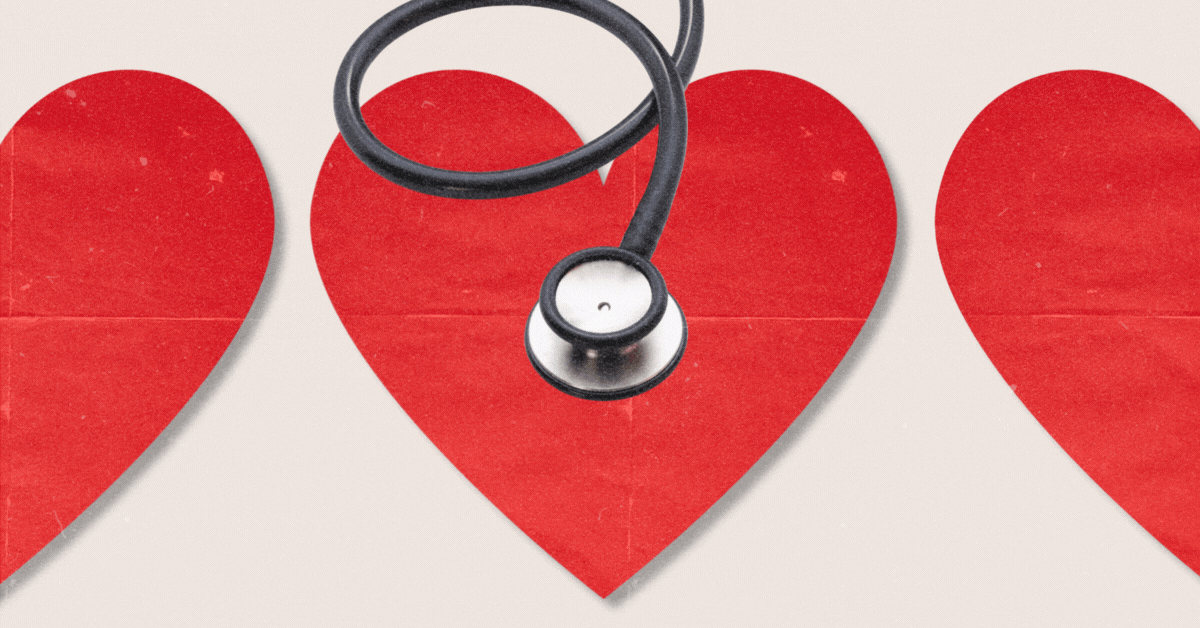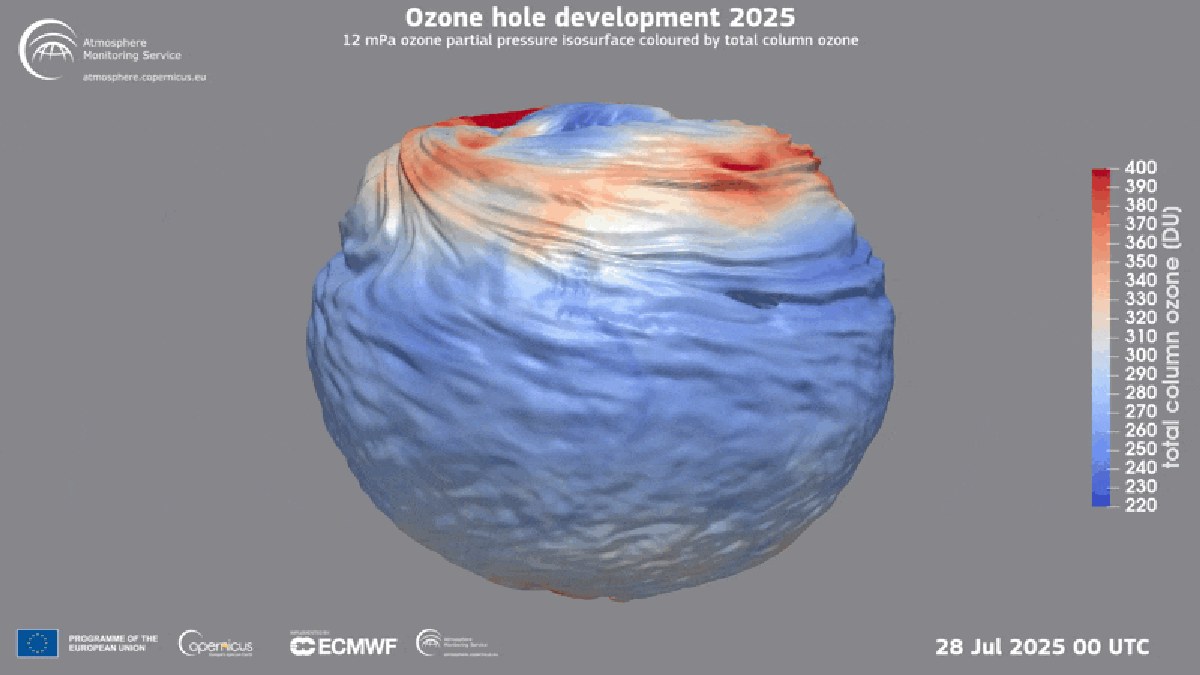
Amid the petty drama of internet arguments, one never fails to entertain me: Do millennials actually look younger than their age? Sunscreen, vaping, hair parting choices and Botox for people who don’t have wrinkles are used as evidence for and against this generational Dorian Graying. I can’t and won’t adjudicate this debate. But I can shift the conversation away from TikTok and inward to the brain.
Brain age isn’t a new concept, especially for people trying to make money. For decades, people have sold books, apps, IV drips and supplements promising to keep brains spry, often with little or no scientific evidence. But lately, scientists have been building evidence that a metric called brain age holds promise for understanding how the healthy brain ages. Even more tantalizingly, they’re uncovering hints about what might affect that number.
First, a caveat: There’s no single way to measure and calculate brain age. Scans of entire brains, measurements of gray matter thickness, the size of some brain structures and many other measurements have all been used to calculate brain age, often with sophisticated machine learning analyses.
One attempt, published in Nature in 2022, examined scans of over 100,000 brains, from fetal to centenarian. Those were used to produce “essentially growth charts, similar to height and weight [curves] for babies,” but instead with gray and white matter changes in the brain, says coauthor Katharine Dunlop, a cognitive neuroscientist at the University of Toronto.
Those growth charts displayed the collective ways that brains change over time; they also hint at a relationship between diseases such as Alzheimer’s and advanced brain age, which can result in a gap between someone’s brain age and their chronological age. On average, some brain regions shrink as we age, and research suggests these changes come earlier with Alzheimer’s. Schizophrenia, depression and anxiety have also been linked to older-than-expected brain age.
“There’s a lot of unexplored territory here,” Dunlop says, including the details of how premature brain aging happens. Genetics, early life events, stress, inflammation and other innumerable variables may all contribute; a single measurement can’t explain why a person’s brain is the way it is. “Our bodies are complex,” Dunlop notes. She thinks of a brain age measurement a bit like a thermometer. The simple tool produces a single metric — temperature — that marks illness. A thermometer can’t pinpoint a fever’s cause, but the tool still comes in handy. The same concept holds true for brain age; a simple score could help identify who is at risk, and who might benefit from interventions early.
Those brain age interventions are not the puzzles and tricks pushed online. Instead, our brains benefit from basic healthy habits, evidence suggests: Exercise, don’t smoke, eat a healthy diet and keep socially active. This stodgy but powerful advice is also reinforced by a two-year study of people at risk of dementia published this summer in JAMA.
Neuroscientist Laura Han of Amsterdam UMC studies people with depression, a condition linked to a larger brain age gap. Han and her colleagues found that lifestyle factors may influence brain age — for better and for worse — in people with depression. Smoking and a high body mass index were associated with an older-than-expected brain age, while education was associated with a more accurate brain age. These results were recently described in a preprint on bioRxiv.org. Han and her colleagues are now examining a structured running program’s effect on depression and brain age.
For now, brain age is not a clinical tool that doctors use regularly, though they may one day. Don’t let this stress you out. No matter how you part your hair, underneath it all, your brain is a powerful, adaptable and mysterious wonder.
Source link




